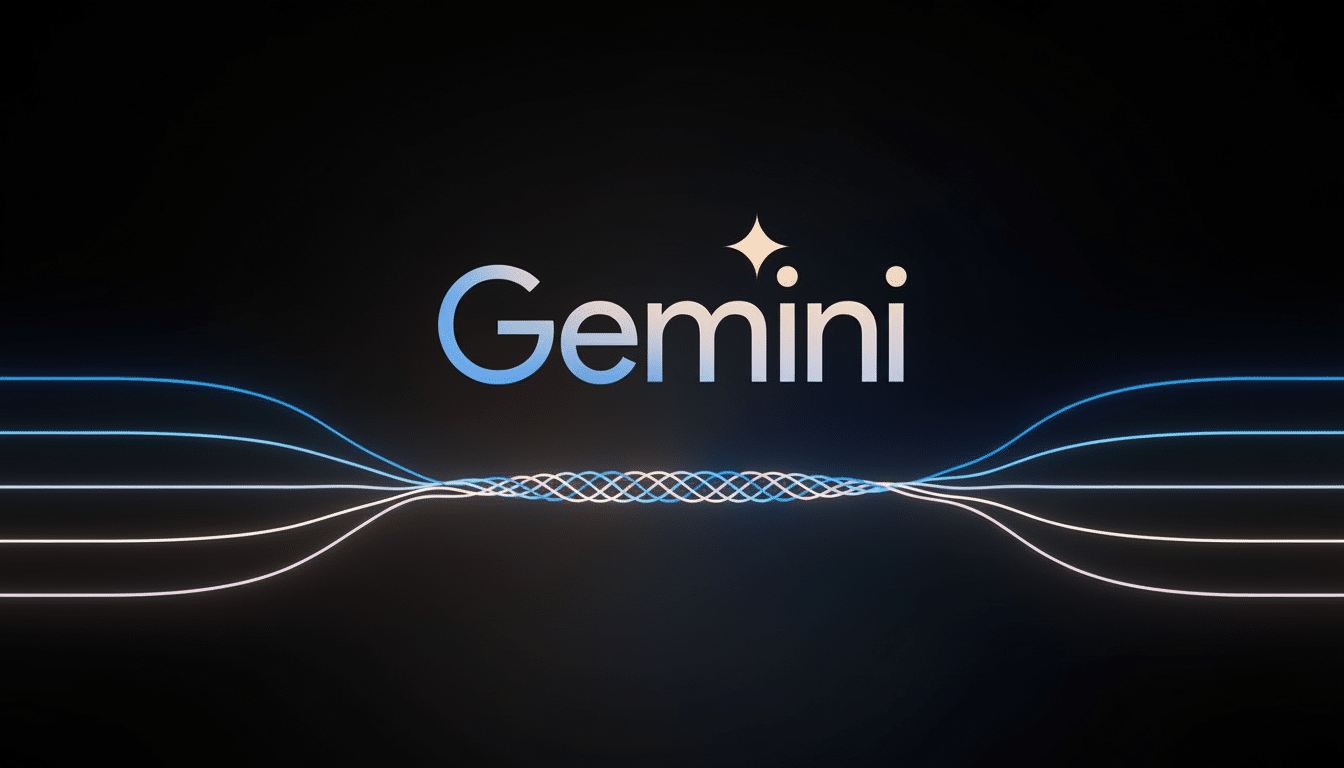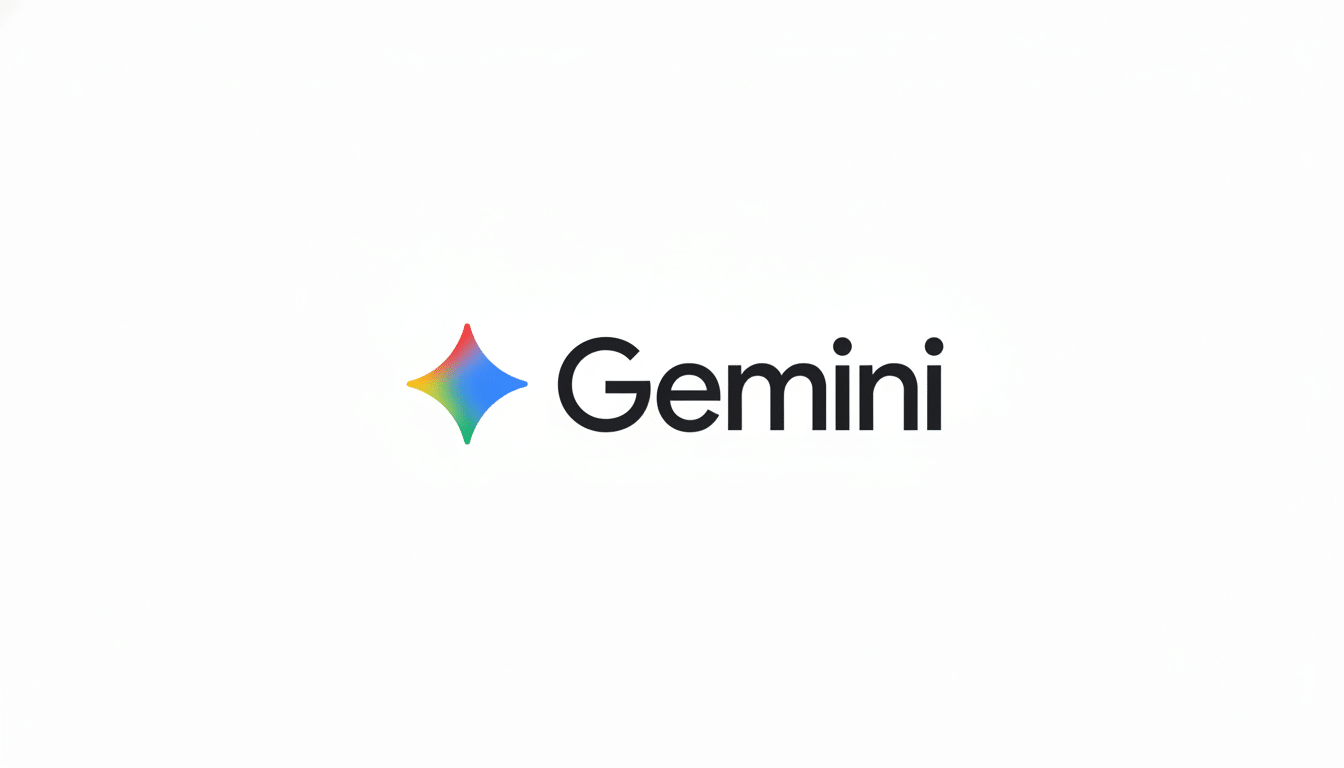Google is fighting back against a viral claim that its Gemini AI “steals” and learns from users’ Gmail messages. The rumor is false, according to a company spokesperson. To clarify: The content of Gmail was not used to train Gemini (and no one’s settings were changed without them knowing about it).
What Google actually says about Gmail and Gemini training
“These statements simply are not true,” Google said in a statement sent to multiple publications in response to posts reporting that all Gmail users are being “auto‑opted” into AI training. The company made two points clear: Smart Features in Gmail have been available for years, and the content of Gmail does not help to train Gemini’s models.
- What Google actually says about Gmail and Gemini training
- Why Gmail’s Smart Features are not Gemini model training
- Workspace versus consumer controls for Gemini data access
- Why the rumor spread so quickly across social platforms
- What you can review in your Google and Gmail settings now
- Bottom line: Gmail content not used to train Gemini models

Google’s policy segregates what you type into Gemini from what resides in the apps of Workspace, including Gmail, Docs, and Sheets. Commands you issue to Gemini could be kept and, depending on your regional settings, may help make the service better. But the company claims that emails and attachments stored in Gmail don’t get pulled in to train Gemini—unless you explicitly instruct the AI to use those contents, of course (such as by asking Gemini to summarize a draft in Docs).
Why Gmail’s Smart Features are not Gemini model training
Some of the confusion may be coming from Gmail’s Smart Features and personalization settings. Apps such as Smart Compose, Smart Reply, and auto tab categories rely on machine learning to work, but that’s not the same thing as using your inbox to train a general AI model. Disabling Smart Features turns off those conveniences; it does not flip a hidden Gemini training switch.
Security researchers also said that a misinterpretation of Gmail’s settings page contributed to the rumor traveling so far. One post that was shared broadly… encouraged people to turn off Smart Features to avoid “AI learning,” confusing product personalization with model building. Google’s own documentation makes a clear distinction between the two.
Workspace versus consumer controls for Gemini data access
According to Google’s Workspace Privacy Notice, no data from Workspace “is used to create profiles for personalized ads,” nor is such data used to train models without customer direction. For education and business customers, administrators decide whether Gemini should be able to access documents at an organizational level. Google is touting enterprise data isolation for AI features. Personal Gmail account data is subject to Google’s general privacy policies, which also cover Gemini Apps Activity and product personalization independently.
This distinction matters at scale. Gmail is used by about 2.5 billion people around the world, and Workspace has millions of paying customers. Mixing source materials about terrorism and crime would also be both a legal and reputational quagmire — especially given GDPR stipulations that data must have clear, specific purposes for processing and consent. Google has an added incentive to maintain those boundaries.

Why the rumor spread so quickly across social platforms
Public trust in Big Tech’s use of data is fragile. Users have not forgotten that Gmail scanning was once used for ad targeting, a practice Google discontinued after public outcry. More recently, high‑profile AI companies have stated they may use public posts or web content to train models, provoking pushback from regulators (such as the Irish Data Protection Commission) and even formal complaints from digital rights groups.
With that as a background, a screenshot seductively suggesting blanket “AI training” inside Gmail was pregnant with viral potential. Security firms and researchers fueled the discussion, often failing to note that there’s a spectrum of features, from personalization capabilities, to AI assistance within an app, right up through foundational model training.
What you can review in your Google and Gmail settings now
If you are a Gemini user, consider the Gemini Apps Activity controls in your Google Account. You get to decide if your prompts and the associated data contribute to improving Gemini, and whether some real human reviewers should be allowed to view a small, anonymized set for quality checks. You can also remove old activity.
In Gmail, go to Settings and search for Smart features and personalization. Switching these off will remove functions such as Smart Compose and the automatic sorting of messages. It doesn’t retroactively block Gemini training on your inbox, because it isn’t trained on your mail at all, according to Google.
Workspace admins should review Gemini for Workspace settings in the Admin Console to confirm that access and data handling are appropriate based on company policy. Google provides white papers on enterprise-grade security for Workspace AI services, detailing data flows, retention, and isolation commitments.
Bottom line: Gmail content not used to train Gemini models
The takeaway is simple: Google says Gemini isn’t secretly trained on your Gmail. The rumor also mixed together established Gmail features with model training and failed to distinguish between Gemini prompts and Workspace content, which Google keeps separate. Healthy skepticism of AI data practices — and clear settings. Verify your controls, but as far as I can see there’s no indication that your inbox has been ordered into Gemini’s training regime.

